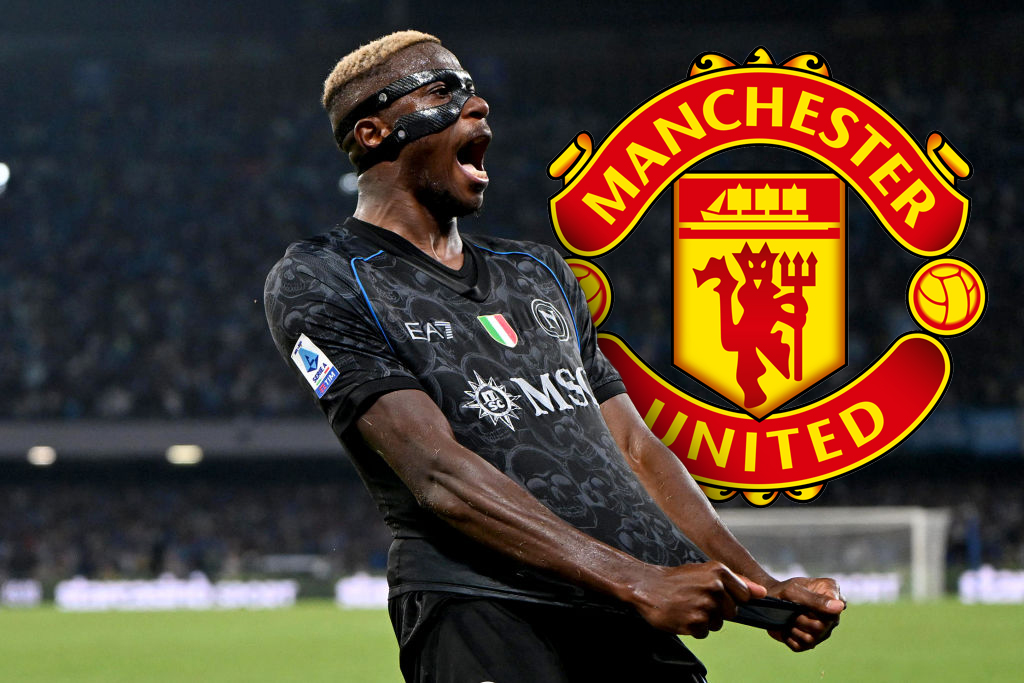ACoN Diary 4: Eq. Guinea on the rise, a near death experience and a wild rat supper
The great Jonathan Wilson continues his diary of the 2012 Africa Cup of Nations in Equatorial Guinea and Gabon...
No rats were harmed during the making of this blog. Well, not by us, anyway...
It was just spitting on to rain when we stopped by the beach. I hopped out of the car and wandered through a line of palm trees towards the sea. As I did so, I heard a shout of warning and paused.
Something brushed past by face and shoulder and the sand to my right reverberated with a loud thump. I glanced down, and there in the sand was a branch, perhaps 20 feet long and heavy enough to have buried itself four inches deep. Had I been standing 18 inches to my right, it would have clouted me full on.
A mate of mine has just returned from a month embedded with the US army in Afghanistan; last week, I came considerably closer to death than he did.
As we arrived, so too did about half a dozen fishing boats, canoes really. A Spanish journalist negotiated with one of the men, and we bought a long thin fish and several sardines, then paid one of the fishermen's wives to cook them for us. As we wandered over to a rough wooden table, we passed another local man grilling some meat on a grill. I didn't recognise it, and it was covered in writing yellow larvae. "Wild rat," the man explained. "But there's some insects got inside it."
Further research revealed wild rat is common fare in Equatorial Guinea. I was quite happy to stick to our fish, although when it arrived, it turned out that the bones were blue-green. Some Googling when I got back to the hotel suggested it was probably a garfish, but whatever it was, it was much, much nicer than the rat looked.
Get FourFourTwo Newsletter
The best features, fun and footballing quizzes, straight to your inbox every week.
We then headed on round the bay to Luba, a small town on the south-west corner of Bioko, the island part of Equatorial Guinea. It was built by Maximiliano Jones, a slave-trader from Sierra Leone who sold his own brothers. A bust of him still stands in the town, while a street and the main hotel are named after him (although Jones, of course, is pronounced "hoh-ness" round here).
The hotel itself is painted pale blue and bears a striking resemblance to the hotel where Jack Nicholson holes up in the Antonioni film The Passenger. A fantastically clear river runs by it. The water is so pure that despite being 10 or 12 feet deep in places, you can read the make of the tyres and other detritus among the weeds on the bed. A little nearer the sea, as it shallows out, children play and women do the laundry.
It's not clear if it's there that Equatorial Guinea were supposed to be staying before their game against Zambia in Malabo, but when they got to Lubo, they decided they didn't fancy it and moved to the resort of Sipopo, where Ivory Coast are based. That, if nothing else, demonstrates the rising status of the side: a little over a week ago, the $1 million win bonus put up by the president's son looked a desperate gamble; now somebody - presumably the government - is happily paying for them to stay in luxury.
Jonathan Fadugba:Tunisia - the team to beat at ACoN 2012?
Michael Cox:Ivory Coast fail to utilise Yaya, Lass fails to show class
Tom Legg:Ghana up and running but still a work in progress
